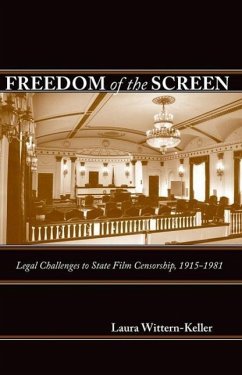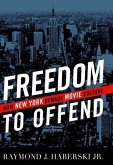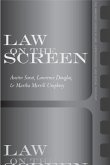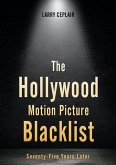Between 1907 and 1980, many state and local governments empowered motion picture censor boards with the legal authority to keep any movie they considered obscene, indecent, or harmful from being shown. Although the mainstream American film industry accepted the form of censorship known as "prior restraint," the independent distributors and exhibitors challenged the government censors in court. In Freedom of the Screen, Laura Wittern-Keller tells the story of those who fought prior restraint on movies. By drawing attention to this inequity -- film was the only medium so constricted by the 1950s -- the distributors pushed a reluctant judiciary to square its interpretation of movie expression with the rights of other media. As these legal interpretations gradually became more sympathetic to artistic freedom -- largely because of the independent distributors' lawsuits -- Hollywood was free to discard its outmoded restraints and deliver provocative, relevant movies to American audiences.
Hinweis: Dieser Artikel kann nur an eine deutsche Lieferadresse ausgeliefert werden.
Hinweis: Dieser Artikel kann nur an eine deutsche Lieferadresse ausgeliefert werden.








